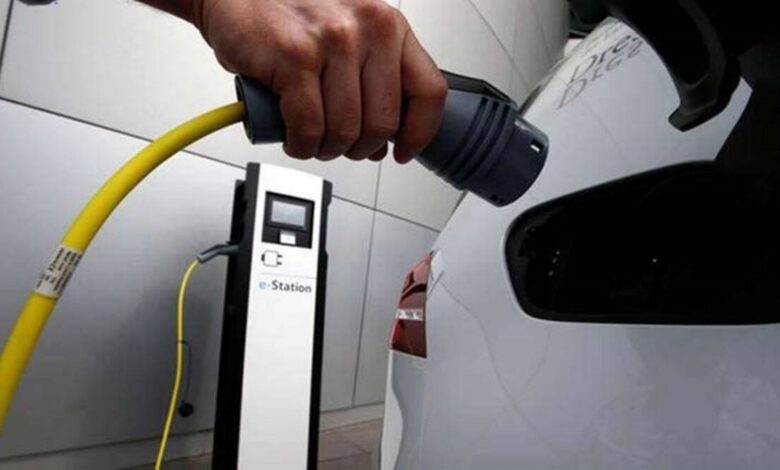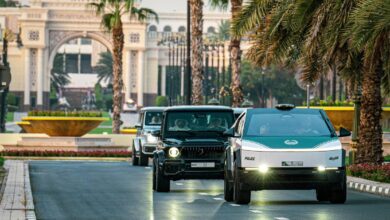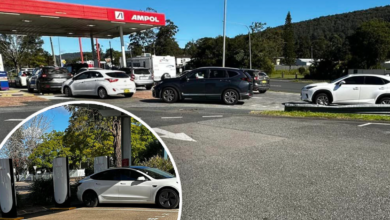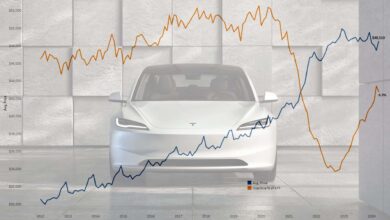Not just Tesla, existing automakers to get duty benefit under new EV policy too | Business News

Amid concerns raised by automakers already operating in India that the new electric vehicle (EV) policy favours new entrants such as Tesla, a senior government official on Friday clarified that the union government will allow existing automakers to make greenfield investment commitments under the new policy.
The details will be part of the guidelines that are in the process of being finalised by the Ministry of Heavy Industries (MHI), the official said, adding that the second round of consultations to roll out the guidelines is set to start soon. The first round of consultations saw Tesla representatives join the process for the first time.
“The government plans to allow all companies including existing automakers to make greenfield investments under the EV policy. The second round of industry consultations will start,” the official said.
The clarification that addresses the level playing field concerns raised by a number of automobile companies comes a month after Tesla CEO Elon Musk postponed plans to visit India to meet Prime Minister Narendra Modi but was seen in China barely a week later to push for the approval of full self-driving (FSD) cars.
Concerns over a level playing field comes as New Delhi after initial resistance conditionally eased duty norms for EVs under the new policy. The policy allows import of completely built-up (CBU) cars at a 15 per cent import duty from 100 per cent earlier for manufacturers setting up facilities in India with a minimum investment of Rs 4,150 crore.
Meanwhile, Tesla is ‘silent’ and yet to communicate its India plans to the government under the new EV policy, an official said as per PTI. This comes amid expectations that Musk would announce plans for Tesla to set up its manufacturing unit in India with an initial $2 billion investment in the country.
Notably, Musk scored a major victory during his China visit giving a much needed boost to its shares. Musk won approval for introducing Full Self-Driving (FSD) in China, clearing key administrative roadblocks in Beijing after meeting with top government officials.

Earlier, the Centre is learnt to have turned down China-based BYD’s proposal to build a $1-billion EV plant in partnership with Hyderabad-based Megha Engineering and Infrastructures Ltd in June last year. The rejection of the proposal was in line with India’s broad policy to filter Chinese investments in crucial sectors in India.
Under the new EV policy, EV passenger cars (e-4W) can initially be imported with a minimum CIF value of $35,000, at a duty rate of 15 per cent for a period of 5 years from the date of issuance of approval letter by Ministry of Heavy Industries (MHI). However, the maximum number of e-4W allowed to be imported at the reduced duty rate has been capped at 8,000 per year. The carryover of unutilised annual import limits would be permitted, the policy read.
India is currently the world’s third largest automobile market and one of the fastest growing automotive markets in the world. The current market size of the automotive sector is Rs 12.5 lakh crore and the sector is expected to cross Rs 24.9 lakh crore by 2030. The automotive sector contributes over 7.1 per cent to the country’s GDP.
© The Indian Express Pvt Ltd
First uploaded on: 18-05-2024 at 04:15 IST




